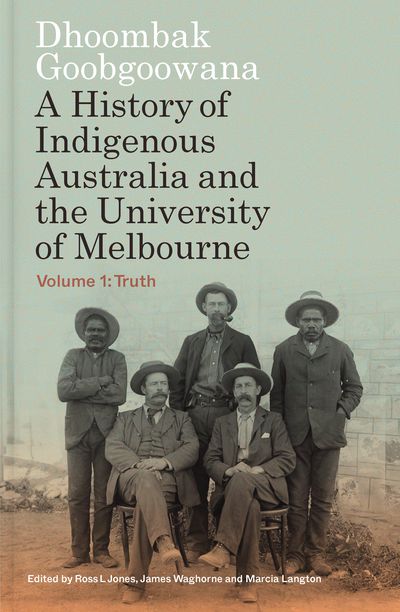'Witch-hunt or a great awakening?: Tensions surrounding the #MeToo movement' by Felicity Chaplin
Earlier this year, following the infamous Barnaby Joyce affair, Malcolm Turnbull called for a rethink of the parliamentary code of conduct to ensure this ‘shocking error of judgement’ on Joyce’s part did not happen again. New ‘guidelines’ would prevent senior politicians from engaging in a sexual relationship with their staffers, even if the sex was consensual. It was an oddly draconian captain’s call which received bipartisan support, reflecting what Turnbull called the ‘changing values’ of the workplace.
Such a reaction – some might say ‘overreaction’ – is part of a larger cultural shift which can be traced back to the first stirrings of what has come to be known around the world as the #MeToo movement. Of course, consensual sex between two adults from the same workplace may seem a far cry from the alleged abuses that prompted the #MeToo movement. Nonetheless, the underlying assumption of both cases is that what we are dealing with here is not sex at all but power, what Van Badham, writing for The Guardian, called ‘a delectable indulgence not of sex, but of advantage’.
Continue reading for only $10 per month. Subscribe and gain full access to Australian Book Review. Already a subscriber? Sign in. If you need assistance, feel free to contact us.










Comment (1)
Leave a comment
If you are an ABR subscriber, you will need to sign in to post a comment.
If you have forgotten your sign in details, or if you receive an error message when trying to submit your comment, please email your comment (and the name of the article to which it relates) to ABR Comments. We will review your comment and, subject to approval, we will post it under your name.
Please note that all comments must be approved by ABR and comply with our Terms & Conditions.